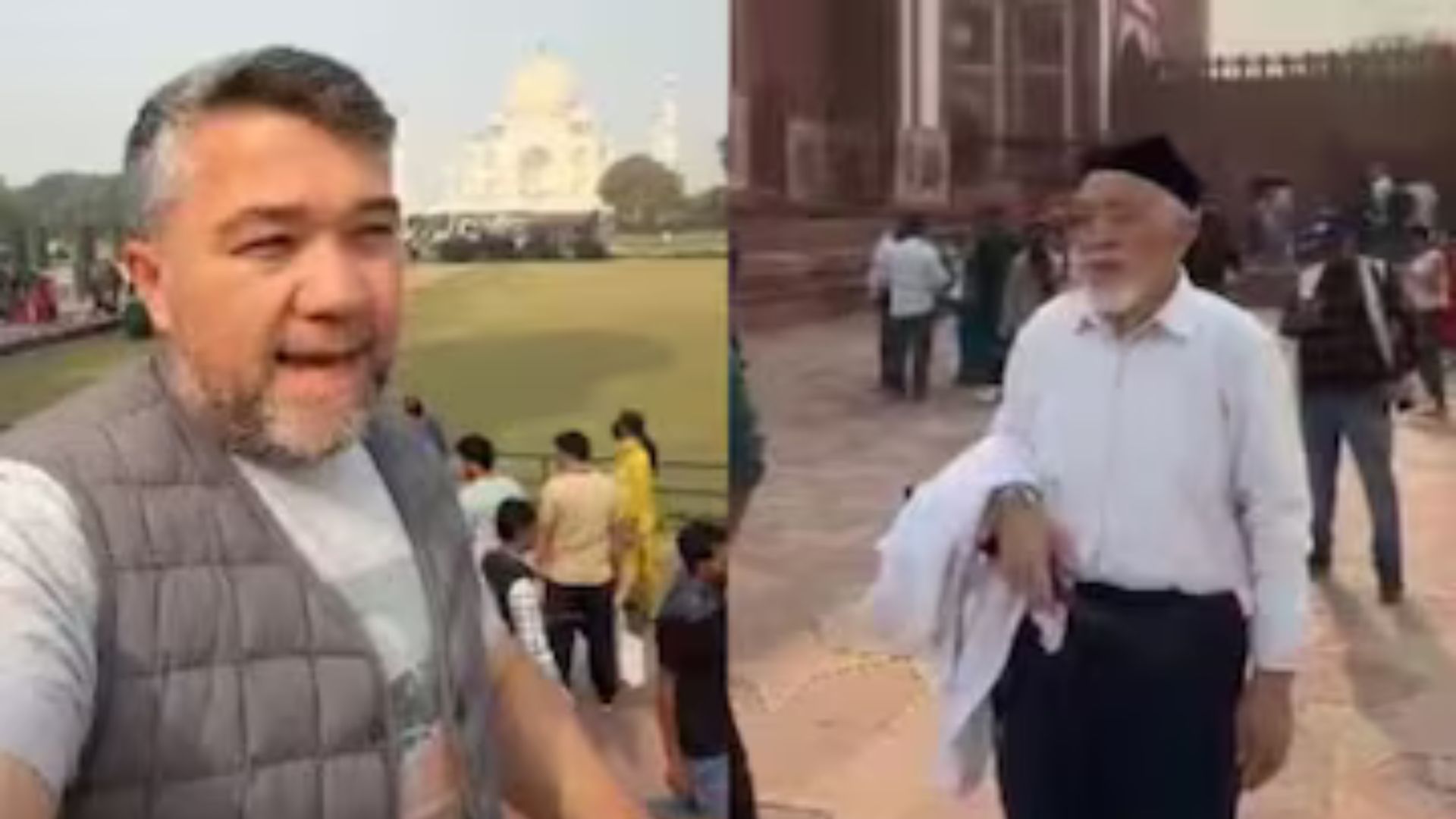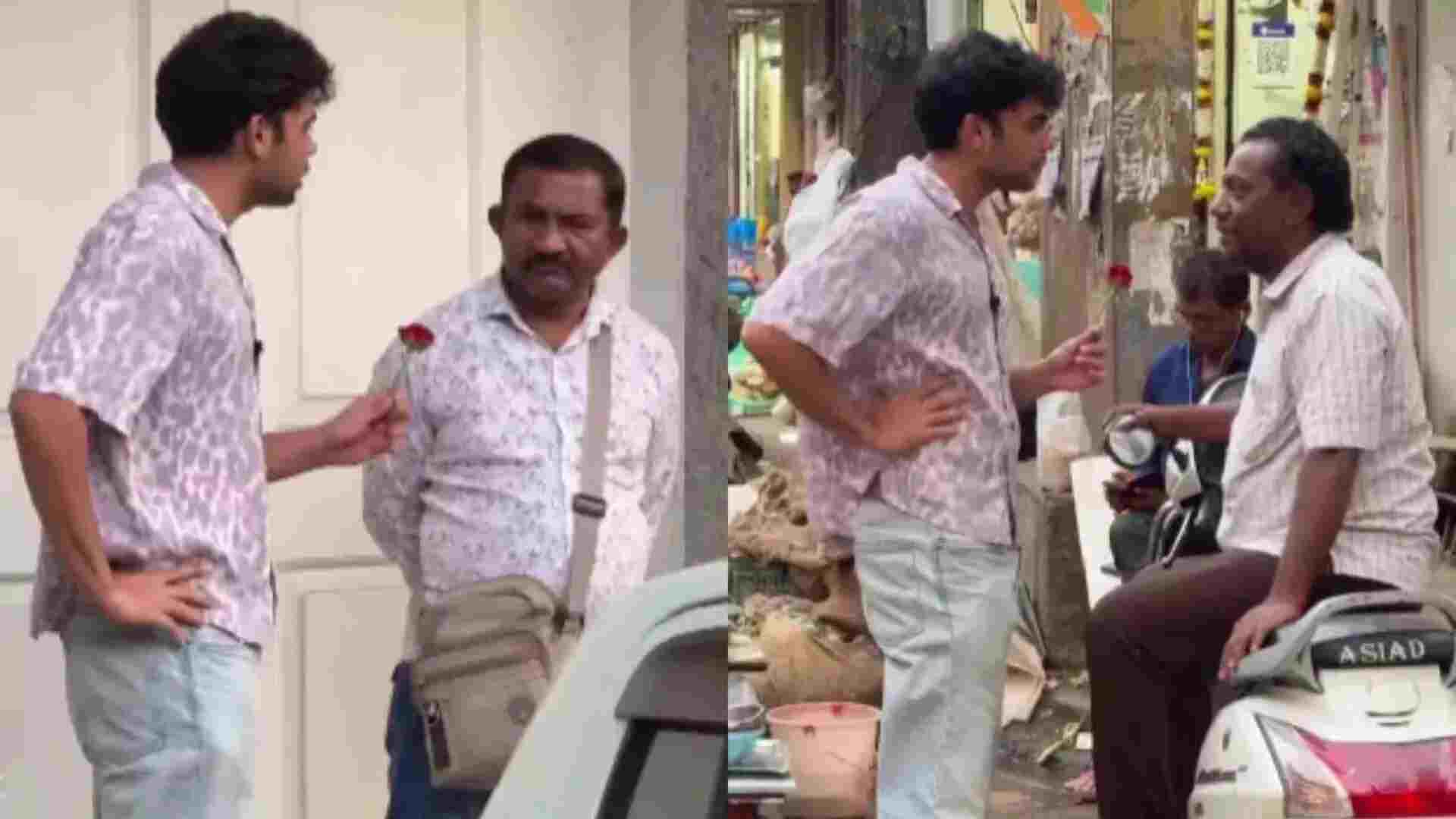Setting the stage for a key BJP versus Congress electoral fight ahead of the 2024 Lok Sabha showdown, the Election Commission on Wednesday announced that assembly elections in Karnataka will be held in a single phase on 10 May and the votes to be counted on 13 May.
The Janata Dal (Secular) is the third major party in the state, which has a 224-member assembly. The BJP currently has 119 seats, followed by the Congress with 75. The JD (S) has 28 MLAs, while two seats are vacant. Addressing a press conference here, Chief Election Commissioner Rajiv Kumar said the notification for the elections will be issued on 13 April and the last date for filing nomination papers will be 20 April. Kumar said the nomination papers will be scrutinised on 21 April and the last date for withdrawal of nominations is 24 April. He said the elections have been scheduled on a Wednesday, and not on a Monday or Friday, to encourage greater participation of voters. “People can take a day off and have a long weekend. But by holding the poll on Wednesday, the possibility has been reduced,” he said, adding that the move is part of the EC’s effort to ensure greater participation and curb voters’ apathy in going to the polling stations. The ruling BJP and the Congress have already launched spirited campaigns for the elections. The Model Code of Conduct kicked in on Wednesday with the announcement of the election. But strict vigil was ensured even earlier on the Commission’s directions during review meetings with enforcement agencies, he said, adding that more than Rs 80 crore has been seized so far. Seeking to ensure inclusion and participation in the assembly polls, 100 per cent enrolment of eligible ‘Particularly Vulnerable Tribal Groups’ (PVTGs) in Karnataka is being ensured, the CEC said. Forty ‘Ethnic polling stations’ will be set up for PVTGs. Special emphasis is being laid on the participation of the third gender in the election process, he said. He said some people do not wish to enrol as third gender. But the EC is willing go the extra mile to register them in the gender they want keeping in mind their sensitivities. Referring to ‘urban apathy’, Kumar said in the 2019 Lok Sabha polls, nine of the top 20 low voter turnout constituencies were urban. This trend was also noticed in recently held Gujarat and Himachal Pradesh elections held in 2022, the CEC noted. Focussed interventions are being made to create awareness in schools and colleges and voter awareness forums in organisations and RWAs, he said. For the assembly elections, 58,282 polling stations will be set up in the state. The average voter per polling station is pegged at 883. Fifty per cent of the polling stations have webcasting facility. A total of 1,320 polling stations will be managed by women officials. Among the over 5,24 crore voters, over 5.60 lakh have been identified as persons with disability, the poll panel said.














